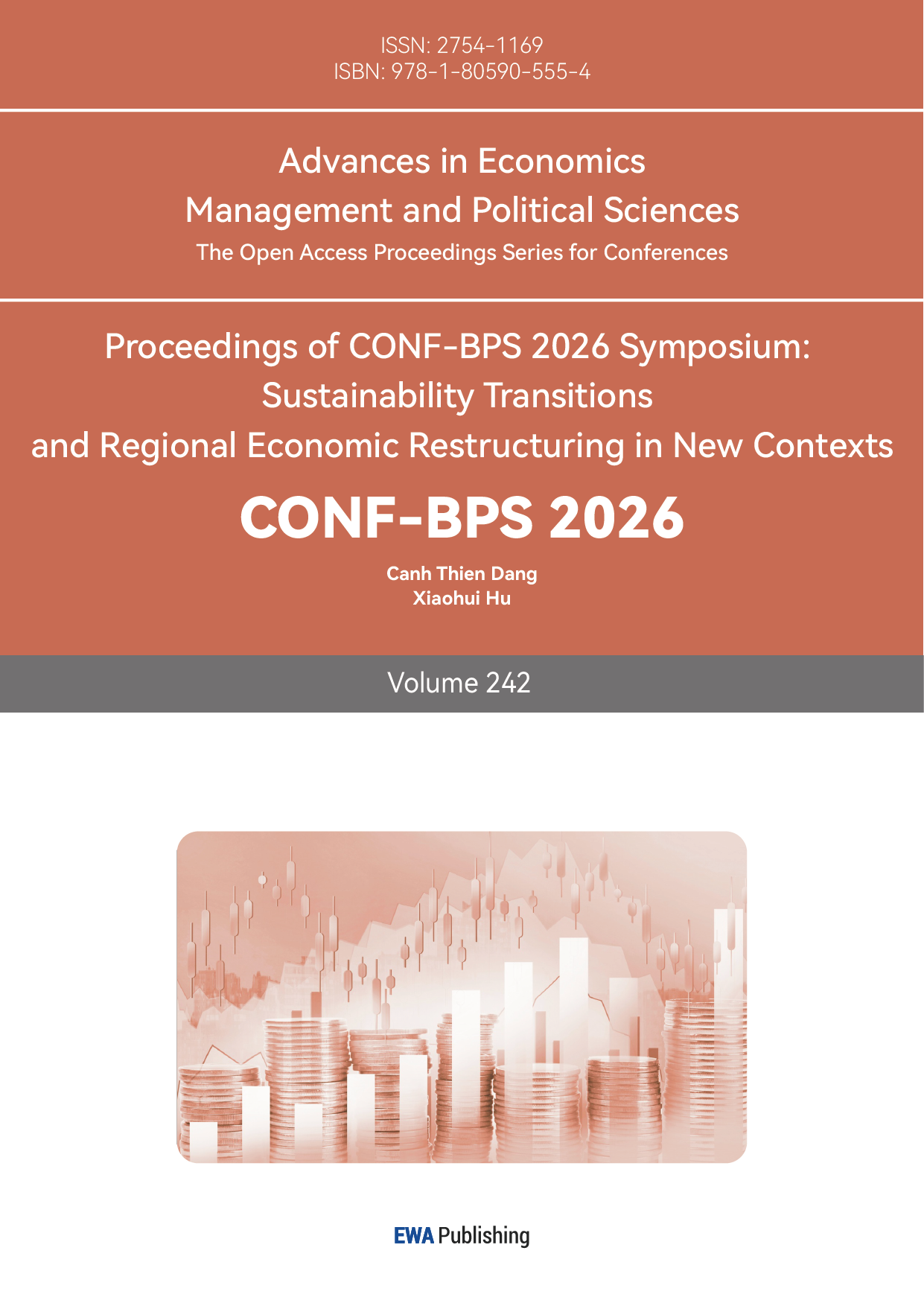References
[1]. Ziemba, P., Kannchen, M., & Borawski, M. (2024). Selection of the Family Electric Car Based on Objective and Subjective Criteria—Analysis of a Case Study of Polish Consumers. Energies, 19961073.
[2]. Gobble, M. M., & Blau, J. (2019). ME-Cars Drive Germany’s Tech Future. Research-Technology Management.
[3]. Alghalith, N. (2018). TESLA: Innovation with Information Technology. International Journal of Business Research and Information Technology, 5(1). International Academy of Business and Public Administration Disciplines.
[4]. Alvarez, S. (2024). NIO sub-brand Alps to adopt Tesla-esque pure vision system: report. Teslarati. https: //www.teslarati.com/nio-alps-adopts-tesla-pure-vision-system-report/
[5]. Hair, J. F., Black, W. C., Babin, B. J., & Anderson, R. E. (2010). Multivariate Data Analysis (7th ed.). Prentice Hall.
[6]. Yacout, O. M. (2023). Personal Values, Consumer Identities, and Attitudes toward Electric Cars among Egyptian Consumers. Business Ethics, the Environment & Responsibility.
[7]. Polish Alternative Fuels Association. (2023). E-Mobility Index. https: //pspa.com.pl/home_en/?lang=en
[8]. Scorrano, M., Mathisen, T. A., Danielis, R., Simsekoglu, O., & Marinelli, G. (2023). Car Choice Determinants in Italy and Norway: A Comparison Based on Revealed and Stated Choices. Research in Transportation Business & Management, 51, 101041.
[9]. Li, W., Long, R., Chen, H., & Geng, J. (2017). A Review of Factors Influencing Consumer Intentions to Adopt Battery Electric Vehicles. Renewable and Sustainable Energy Reviews, 78, 318–328.
[10]. Eurostat. (2024). Statistics. https: //ec.europa.eu/eurostat/databrowser/product/page/road_eqr_carpda__custom_10054540



